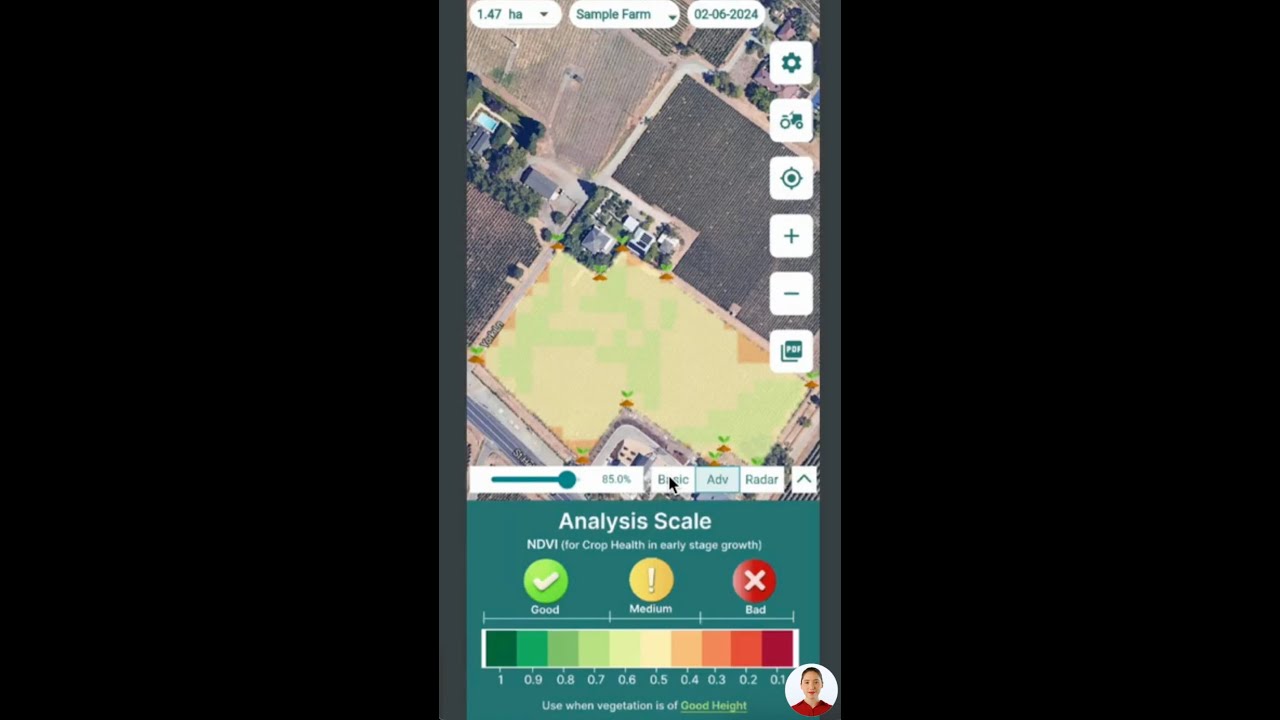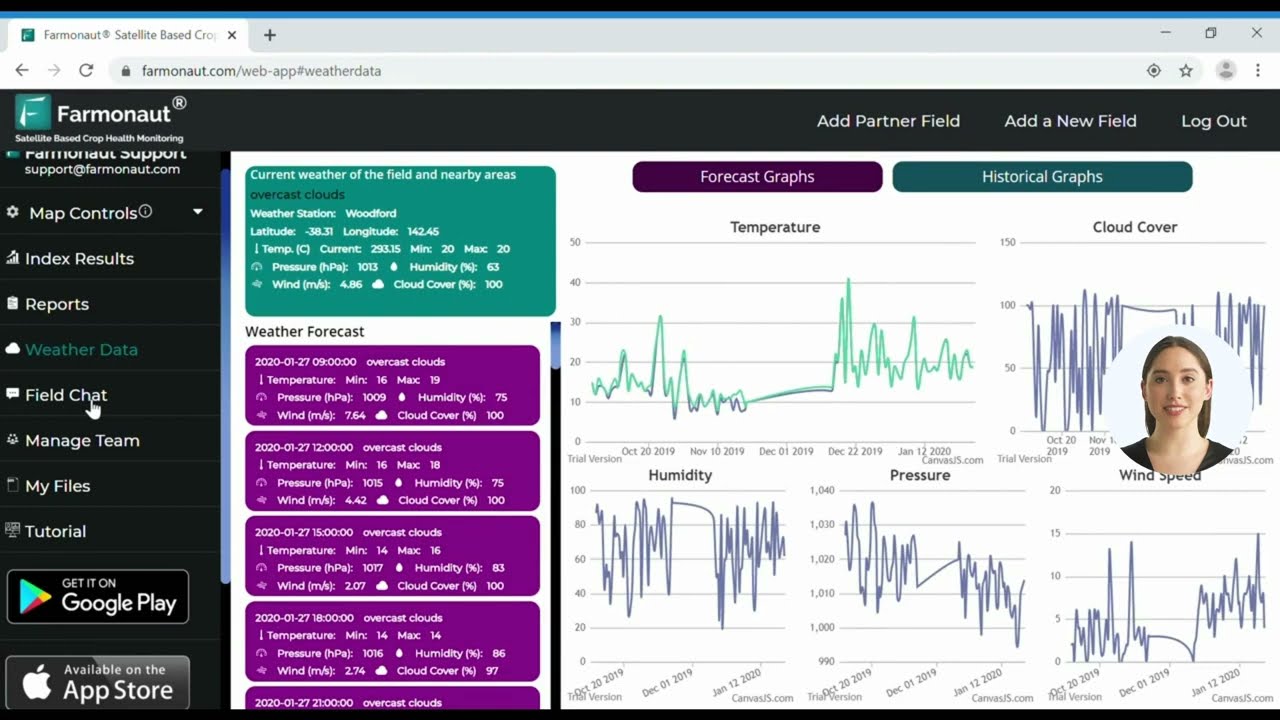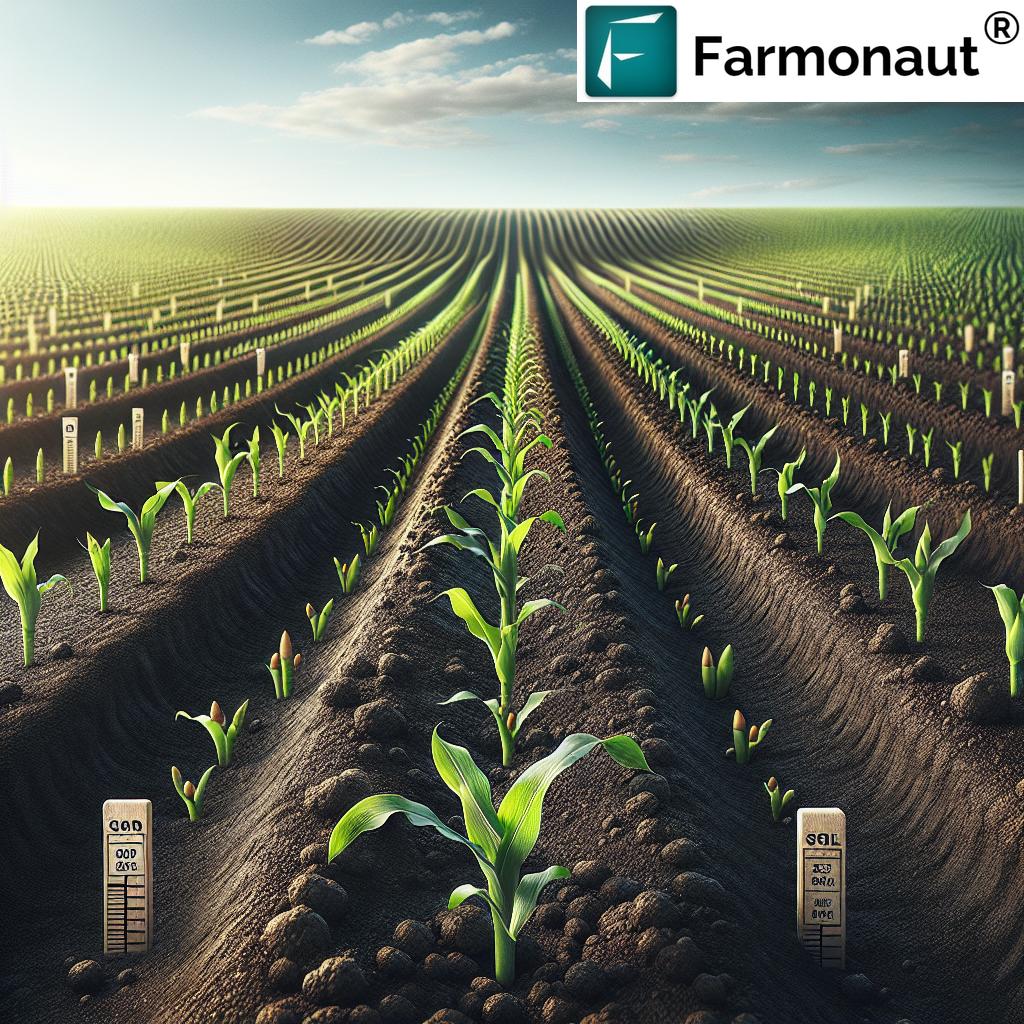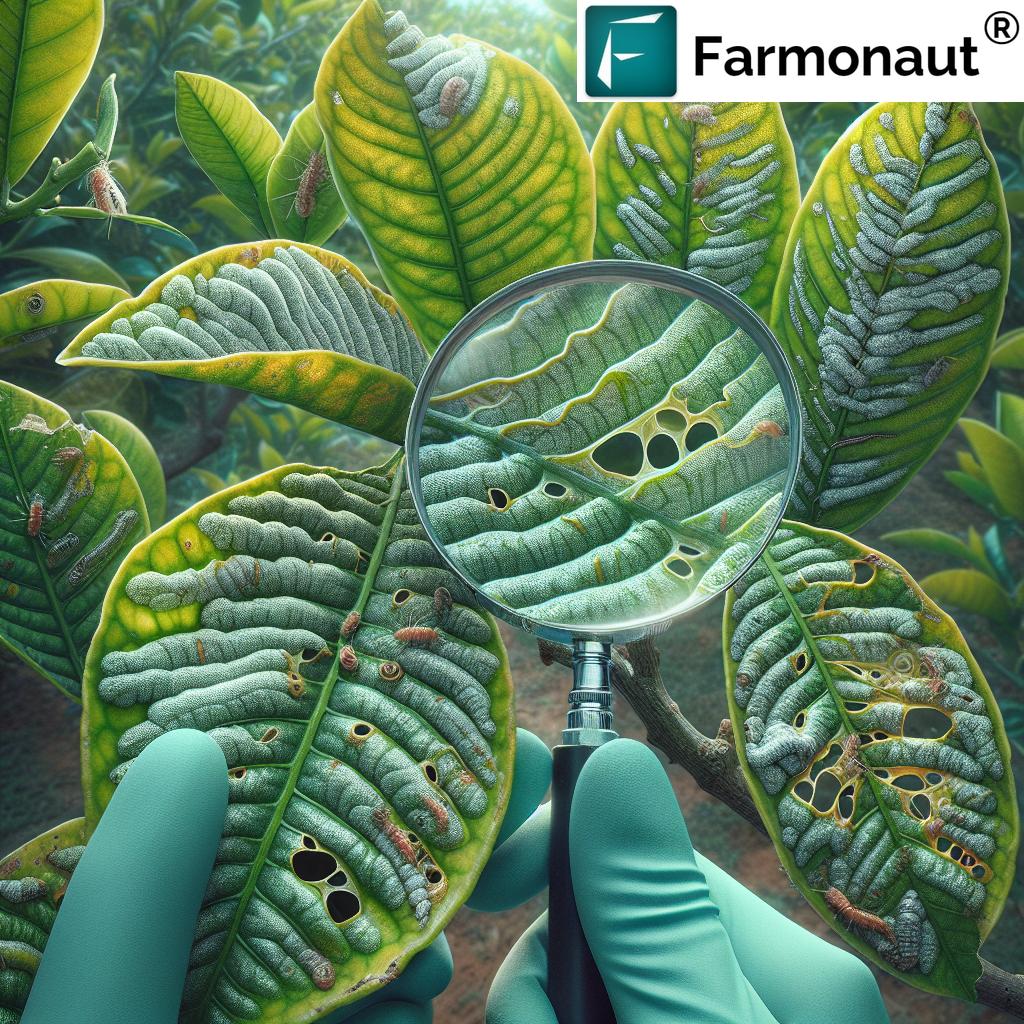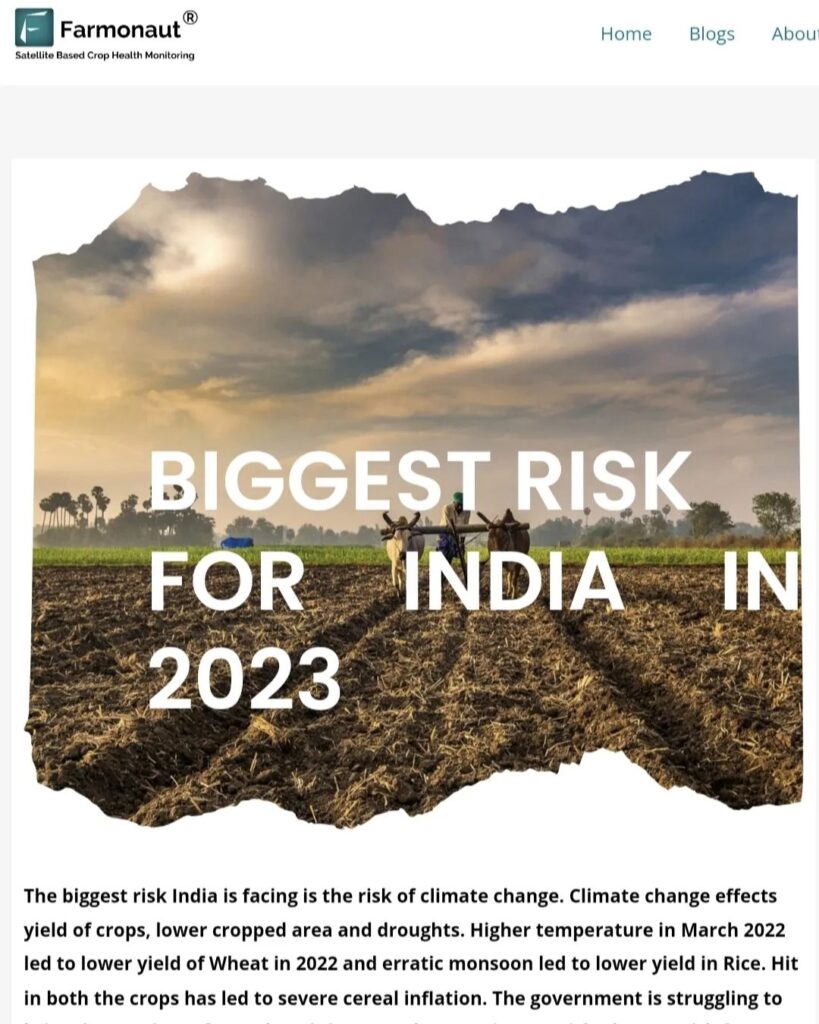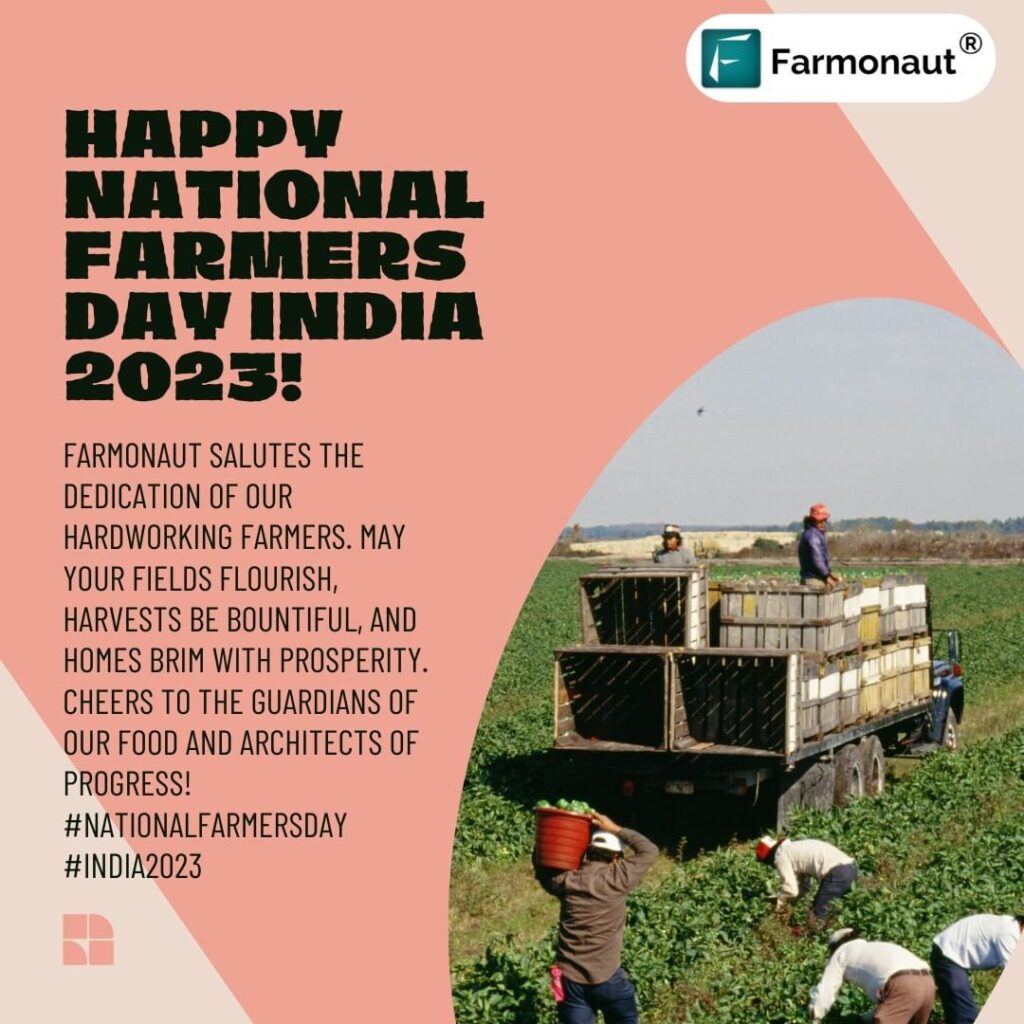Golf Course Agronomist: 7 Turf Hacks You Must Know!
Meta Description: A golf course agronomist is crucial for optimal turfgrass health and beautiful golf courses. Discover 7 turf hacks on management, soil and water analysis, pest control, irrigation, innovations, and sustainable practices.
“Over 70% of golf courses now use advanced turfgrass sensors for precise moisture and nutrient management.”
Introduction: Golf Course Agronomist & the Turf Revolution
In the world of golf, first impressions start at the ground level—the turf. Lush fairways, uniform greens, and pristine landscapes represent more than mere aesthetics: they are the work of a specialized professional—the golf course agronomist. This role expertly fuses the principles of agronomy and turfgrass management with the requirements of golf course maintenance, ensuring that every square meter of green offers optimal playability, resilience, and health.
We, as professionals invested in sustainable and innovative management, recognize that maintaining a championship-quality course involves much more than mowing and watering. It requires deep knowledge of species selection, soil and water analysis for golf courses, pest and disease control in turfgrass, meticulous irrigation system planning, and adoption of forward-thinking practices that also embrace environmental stewardship.
In this comprehensive guide, we’ll explore the multidimensional responsibilities of a golf course agronomist, key turf maintenance innovations, and our seven top hacks for maintaining healthy, sustainable, and world-class golf course turf.
Let’s step onto the green and discover what sets leading golf course agronomy apart—and why investing in the right expertise pays dividends for course quality, environmental health, and operational efficiency.
Key Responsibilities of a Golf Course Agronomist
At the heart of any unforgettable golf experience lies a dedicated golf course agronomist. Our primary responsibility is to oversee and optimize the cultivation and maintenance of turfgrass, ensuring every blade contributes to the course’s beauty and function. Here are the core duties that define this specialized field:
- Turfgrass Management: We select turfgrass species best suited for the local climate, soil, and intended playing conditions. Management extends to regular mowing, aeration, and topdressing to stimulate robust growth.
- Soil and Water Analysis for Golf Courses: By conducting routine soil tests and water analyses, we assess critical metrics like nutrient levels, pH, and salinity to inform fertilization and irrigation strategies, ensuring optimal growing conditions.
- Fertilization & Irrigation Systems for Golf Courses: A well-designed fertilization schedule provides essential nutrients to turf, while modern irrigation systems ensure consistent soil moisture, reducing stress and maintaining turf health.
- Pest and Disease Control in Turfgrass: Monitoring for pests and diseases is crucial. Using integrated pest management (IPM), we mitigate issues efficiently, targeting only affected areas to minimize chemical usage.
- Course Maintenance Planning: We coordinate with golf course superintendents to schedule all maintenance activities, ensuring these crucial tasks disrupt play as little as possible.
- Advanced Monitoring and Data Analysis: Employing technology such as drones, soil sensors, and apps (see Farmonaut’s tools), we collect and analyze data, enabling evidence-based decision-making and early detection of turf issues.
Our day-to-day assignments require us to balance scientific knowledge, practical skills, adaptability, and a commitment to sustainable golf course practices. We collaborate with grounds crews, communicate with management, supervise staff, and address challenges as they arise—all while keeping sight of the course’s long-term health and environmental responsibilities.
Education, Skills & Certifications for a Career in Golf Course Management
Our profession values a solid foundation in turfgrass science, agronomy, and related fields. The journey typically begins with a degree in turfgrass science, plant biology, agronomy, or horticulture. Advanced degrees unlock additional leadership or research opportunities, but practical, hands-on experience remains highly valued.
- Degree Requirements: A 2- or 4-year college degree is the norm. Related fields—such as environmental science or soil science—can provide alternative paths into golf course agronomy.
- Certifications: Credentials like those offered by the Golf Course Superintendents Association of America (GCSAA) and equivalent local bodies enhance professional stature. Most certifications require a blend of education, proven job experience, and passing a comprehensive exam.
- Professional Development: Continuing education, attending workshops, and keeping abreast of new technology (like Farmonaut’s carbon footprinting platform) are crucial in our ever-evolving field.
- Essential Skills & Competencies:
- Technical expertise: Deep understanding of turfgrass species, soil science, pest/disease dynamics, irrigation systems.
- Analytical abilities: Facility with interpreting soil/water tests, using data-driven agronomy technology, and identifying early warning signs in turf health.
- Problem-solving: Ability to diagnose, prioritize, and address issues promptly, preserving both turf quality and golfer satisfaction.
- Interpersonal and communication skills: Explaining recommendations clearly to superintendents, teams, stakeholders, and golfers alike.
- Leadership: Managing crews, organizing schedule, and training new staff in best golf course maintenance practices.
As we progress in our careers in golf course management, accumulating certifications and technical experience, our roles may expand into upper management, research, consulting, or even product development for turf management innovations.
Career Outlook, Salaries & Growth in Golf Course Agronomy
Demand for golf course agronomists is shaped by the overall popularity of golf, the number of new and existing courses, regional climate issues, and the move toward sustainable golf course practices.
- Salary Range: Compensation varies by location, expertise, and extent of superintendent responsibilities. For instance, in Colorado, salaries can range from $28,000 to more than $60,000 annually.
- Growth Prospects:
- The U.S. and many developed markets maintain strong demand for agronomy talent, thanks to aging infrastructure, an emphasis on course improvement, and eco-conscious initiatives.
- Advancements in large-scale farm management tools (like Farmonaut’s platform) are opening career opportunities in field data analytics, sustainability oversight, and precision turf management technology.
- Breadth of Roles: Beyond direct turf management, specialists may pursue:
- Consultancy for multiple courses
- Research, product development, or education in turf science
- Regional or national agronomy leadership positions
- Blockchain-based traceability and compliance roles (see Farmonaut Traceability)
A career in golf course management is both rewarding and dynamic, with plenty of room for growth, diversification, and specialization.
“Innovative turfgrass varieties can reduce water usage on golf courses by up to 30% annually.”
Golf Course Agronomist: 7 Turf Hacks You Must Know!
Drawing upon cutting-edge science, technology, and time-tested principles of golf course maintenance practices, we present 7 essential turf hacks every golf course agronomist should have in their arsenal:
-
Smart Species Selection for Your Local Climate
Matching turf species to the local climate is key. Cool-season and warm-season grasses have unique advantages; choosing blends designed for drought resistance or heavy play optimizes turf quality while minimizing inputs.
-
Precision Soil and Water Analysis for Golf Courses
Regular soil testing and water analysis identifies nutrient imbalances, pH problems, and salinity issues. Farmonaut’s satellite-driven analytics spotlight trouble spots, enabling targeted amendments and smarter fertilization.
-
Integrated Nutrient and Fertilization Management
By integrating soil test data with AI-powered advisory platforms (such as Farmonaut’s Jeevn AI), we tailor fertilization schedules to actual turf needs. This supports strong growth, minimizes waste, and prevents environmental run-off.
-
Upgraded Irrigation Systems for Golf Courses
Advanced irrigation systems—incorporating moisture sensors and programmable zones—reduce overwatering and optimize soil moisture. Remote monitoring (possible via Farmonaut) further streamlines resource management.
-
Targeted Pest and Disease Control in Turfgrass
Early detection is everything. Using high-resolution satellite imagery or in-field sensors, we spot stressed turf early and apply IPM, minimizing reliance on broad-spectrum pesticides.
-
Routine & Unobtrusive Maintenance Scheduling
By coordinating maintenance activities around play and environmental cues, we ensure optimal turf health while limiting interruptions for golfers. Data-based planning reduces unnecessary labor and costs.
-
Resource Conservation & Sustainable Golf Course Practices
Employing carbon footprint tracking, efficient equipment management (Farmonaut Fleet Management), and water-saving technologies supports sustainability, regulatory compliance, and cost savings.
Turfgrass Management Innovation Comparison Table
| Turf Hack/Innovation | Description | Estimated Turf Health Improvement (%) | Estimated Cost Savings (%) | Environmental Benefit? | Technology Type |
|---|---|---|---|---|---|
| Smart Species Selection | Using climate-adapted turfgrass blends | 22% | 18% | Yes | Research-driven, Genomics |
| Precision Soil & Water Analysis | Satellite and in-field sensors for targeted soil amendments | 28% | 20% | Yes | Drones, Sensors, Farmonaut |
| Integrated Nutrient Management | AI-based fertilization and irrigation scheduling | 25% | 23% | Yes | AI Apps, Software |
| Advanced Irrigation Systems | Sensor-guided and remotely controlled watering | 32% | 30% | Yes | Automated Sensors, IoT, Farmonaut |
| Targeted IPM for Pests & Diseases | Using satellite & sensor data to localize interventions | 18% | 21% | Yes | Satellite, AI |
| Dynamic Maintenance Scheduling | Data-driven, optimized planning to reduce disruption | 17% | 15% | Yes | Scheduling Apps, Cloud Software |
| Sustainable Resource Conservation | Fleet, water, and carbon management (Farmonaut tools) | 20% | 26% | Yes | Cloud, Blockchain |
Impact of Technology & Innovation: The Farmonaut Advantage
Recent innovations are transforming traditional golf course agronomy technology. We now have robust tools at our fingertips—integrating satellites, sensors, AI, and even blockchain—to diagnose, predict, and optimize every dimension of turf management.
- Satellite-Based Crop Health Monitoring: Farmonaut’s large-scale field management tools analyze NDVI and soil moisture from the sky, providing timely turf health alerts—well before symptoms are visible.
- AI-Powered Agronomy Advisor: The Jeevn AI system delivers custom recommendations for fertilization, irrigation, and pest/disease control, based on actual soil and climatic data.
- Automated Fleet & Resource Management: With Farmonaut Fleet Management, we minimize energy consumption, maximize machinery output, and lower operational costs.
- Carbon Footprint Tracking: Regulatory compliance and sustainability mandates are easier to manage with real-time, satellite-based carbon tracking solutions.
We can integrate Farmonaut’s satellite and weather data directly into course maintenance systems via their API and full Developer Docs—enabling seamless adoption for any course or management team.
As we embrace these advancements, our capabilities as golf course agronomists continue to expand, enabling more precise, resilient, and beautiful course landscapes—even in the face of climate and environmental pressures.
Sustainable Golf Course Practices: The New Gold Standard
Sustainability is not an optional add-on; it’s the core of modern golf course maintenance. From reduced water usage to bio-based fertilizers and strategic wildlife management, every maintenance step should consider its environmental impact.
- Water Conservation: Adopting innovative turfgrass varieties (see trivia above) and using precision irrigation systems can cut water consumption by up to 30%.
- Resource & Carbon Management: Leveraging Farmonaut’s carbon footprinting platform helps us benchmark, report, and minimize emissions from course operations.
- Integrated Pest and Disease Control: Minimizing pesticide usage and choosing bio-rational products protects both the turf and the local ecosystem.
- Traceability and Transparency: Using blockchain technology (see Farmonaut Traceability), we document every management action, supporting eco-certification and boosting credibility with golfers and stakeholders.
- Equipment Modernization: Shifting to electric fleets (schedule and manage via Farmonaut Fleet Management) further decreases the carbon intensity of our operations.
We believe that sustainable golf course practices are not just the right choice for the planet—they also create long-term savings and foster a positive public image for any club or resort.
Farmonaut Products & Resources for Golf Course Agronomists
Farmonaut offers a robust suite of tools designed for professionals in golf course management and field agronomy:
- Agro-Admin App – For full-scale turf monitoring, NDVI mapping, anomaly detection, and growth tracking
- Carbon Footprinting – Monitor and reduce environmental impact across your course operations.
- Fleet Management – Optimize equipment utilization, schedule maintenance, and reduce operational costs.
- Product Traceability – Use blockchain to record all input usage, maintenance activities, and outcomes for regulatory and consumer trust.
- Crop Loan & Insurance Verification – Satellite-powered crop health verification streamlines insurance claims and financing for course operations.
Farmonaut’s solutions aren’t limited to turfgrass—courses with woodland features or integrated plantations can also use our Forest & Plantation Advisory Tools.
Frequently Asked Questions (FAQ) – Golf Course Agronomy
A golf course agronomist oversees turfgrass selection, soil and water analysis, fertilization, pest/disease control, maintenance planning, and resource management. They ensure optimal playing conditions, aesthetics, and sustainability for the course.
Q2: How do golf courses reduce water use in turf management?
By selecting drought-tolerant turfgrass varieties, utilizing sensor-based irrigation systems, and adopting precision soil moisture monitoring, golf courses can cut water usage by as much as 30%.
Q3: What qualifications are needed for a career in golf course agronomy?
Most roles require a 2- or 4-year degree in turfgrass science, agronomy, or a related field, plus certifications (such as from the GCSAA), practical experience, and expertise in agronomy technology.
Q4: How does Farmonaut support golf course managers and agronomists?
Farmonaut provides satellite-based crop health monitoring, AI-powered advisory systems, carbon and resource management, fleet optimization, and traceability to support informed decision-making and sustainable golf course practices.
Q5: Can Farmonaut’s satellite & weather data be integrated into existing course management systems?
Yes. Farmonaut offers a robust API with detailed developer documentation for integration into other platforms and apps.
Q6: How can I access Farmonaut’s services for my golf course?
You can access via Web, Android, and iOS apps (see buttons above), or directly from Farmonaut’s web platform.
Farmonaut Subscriptions – Get Started
Explore Farmonaut’s flexible subscription options for golf course managers, agronomists, and field professionals. Choose the plan that fits your needs, access premium agronomy features, and integrate cutting-edge technology into your turf management practices.
Conclusion
Golf course agronomists are the backbone of golf course management, ensuring that every square foot is healthy, sustainable, and playable—no matter the climate or course demands. By combining advanced knowledge in turfgrass biology, rigorous soil and water analysis, innovative pest and disease strategies, and the latest in resource management technology like Farmonaut, golf course professionals are empowered to deliver exceptional results.
As the landscape of agronomy continues to evolve, embracing these 7 turf hacks and integrating precision technology will help us meet environmental challenges, satisfy players’ expectations, and secure the long-term success of our courses.
Are you ready to revolutionize your golf course maintenance? Explore Farmonaut’s powerful, accessible solutions today and take your turf to championship levels!


